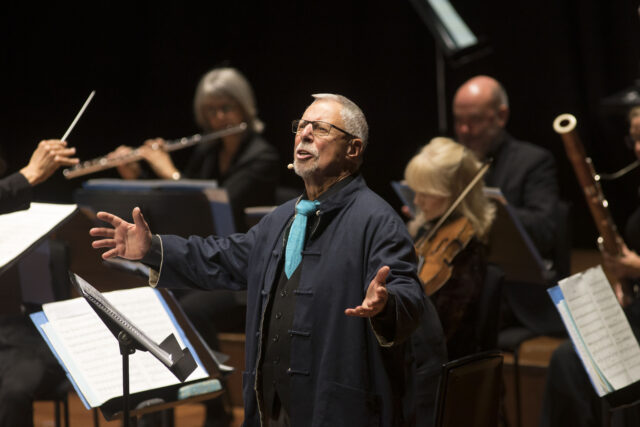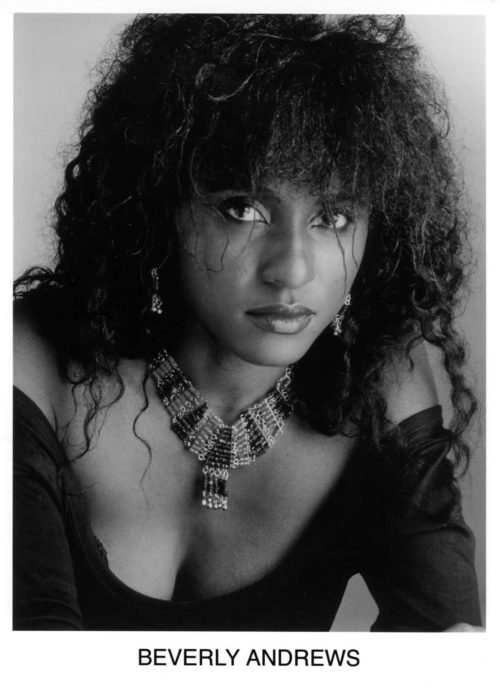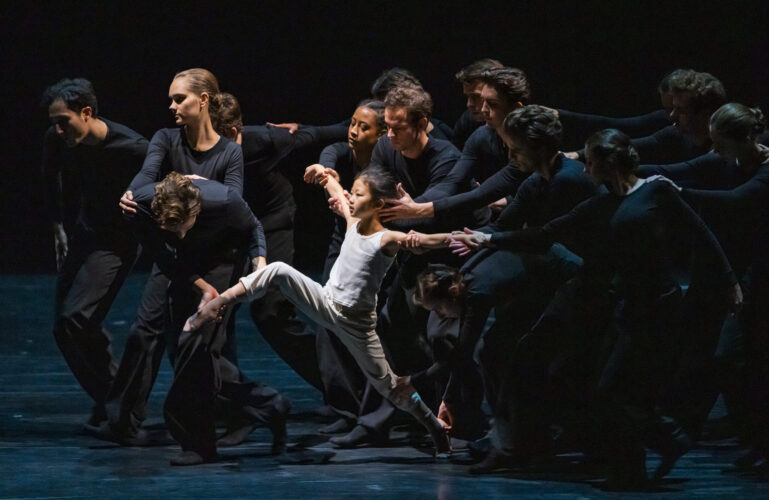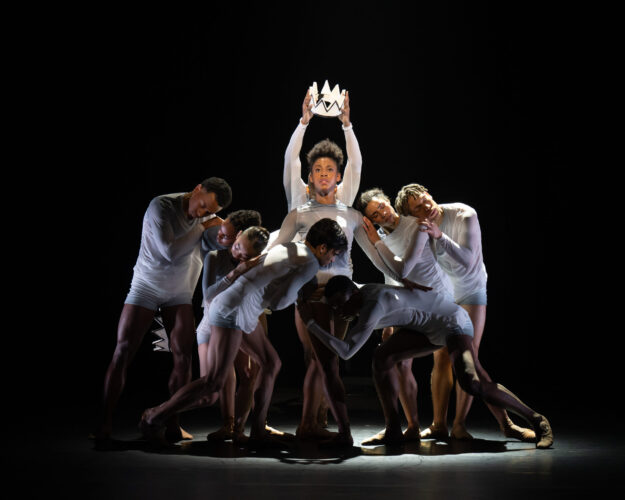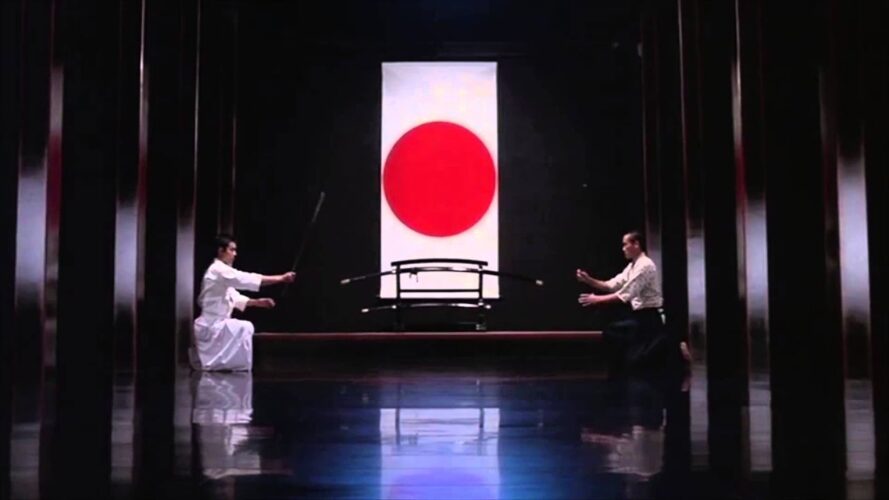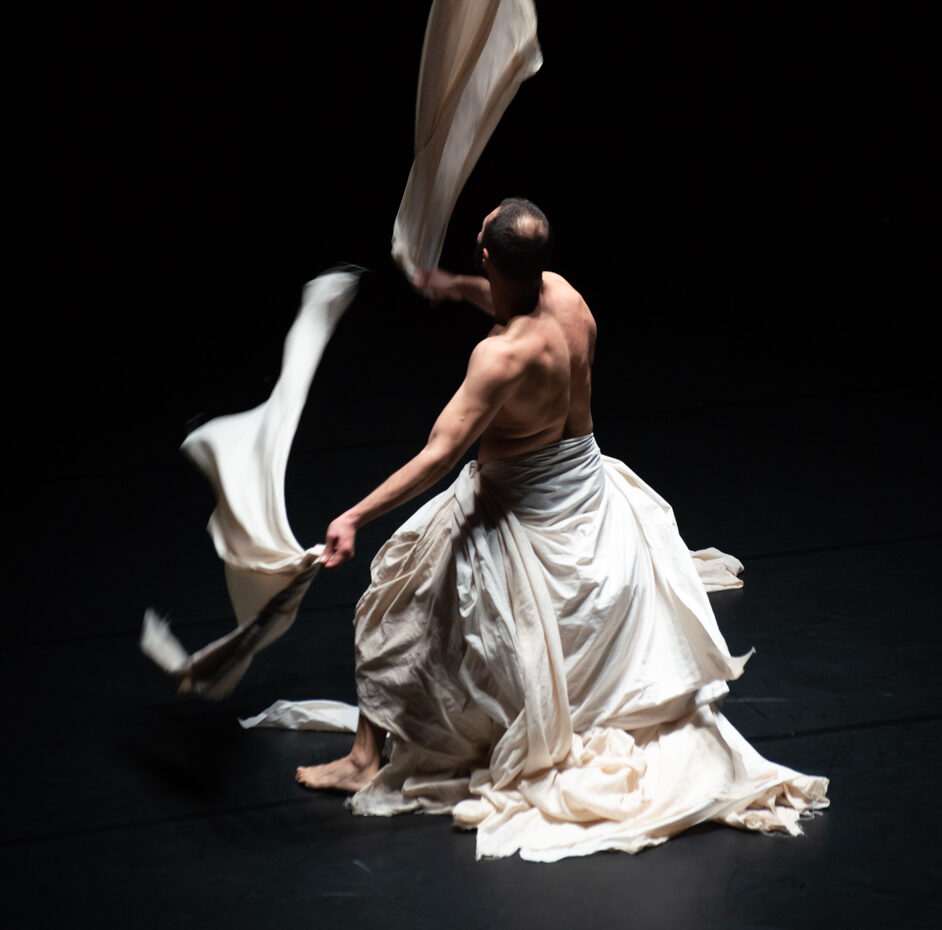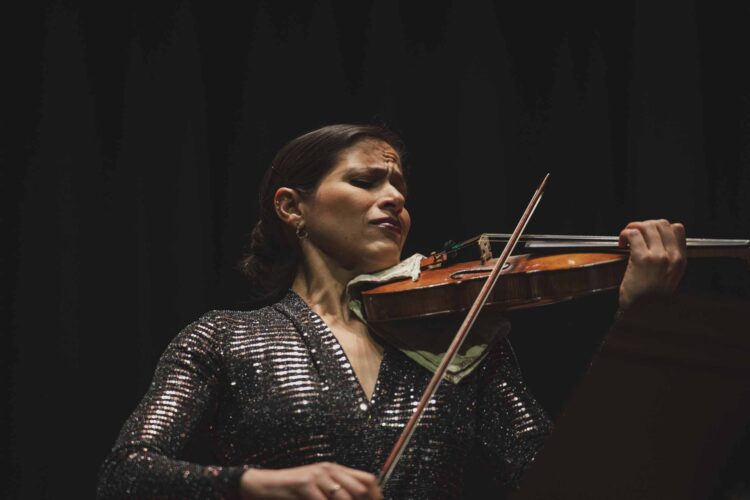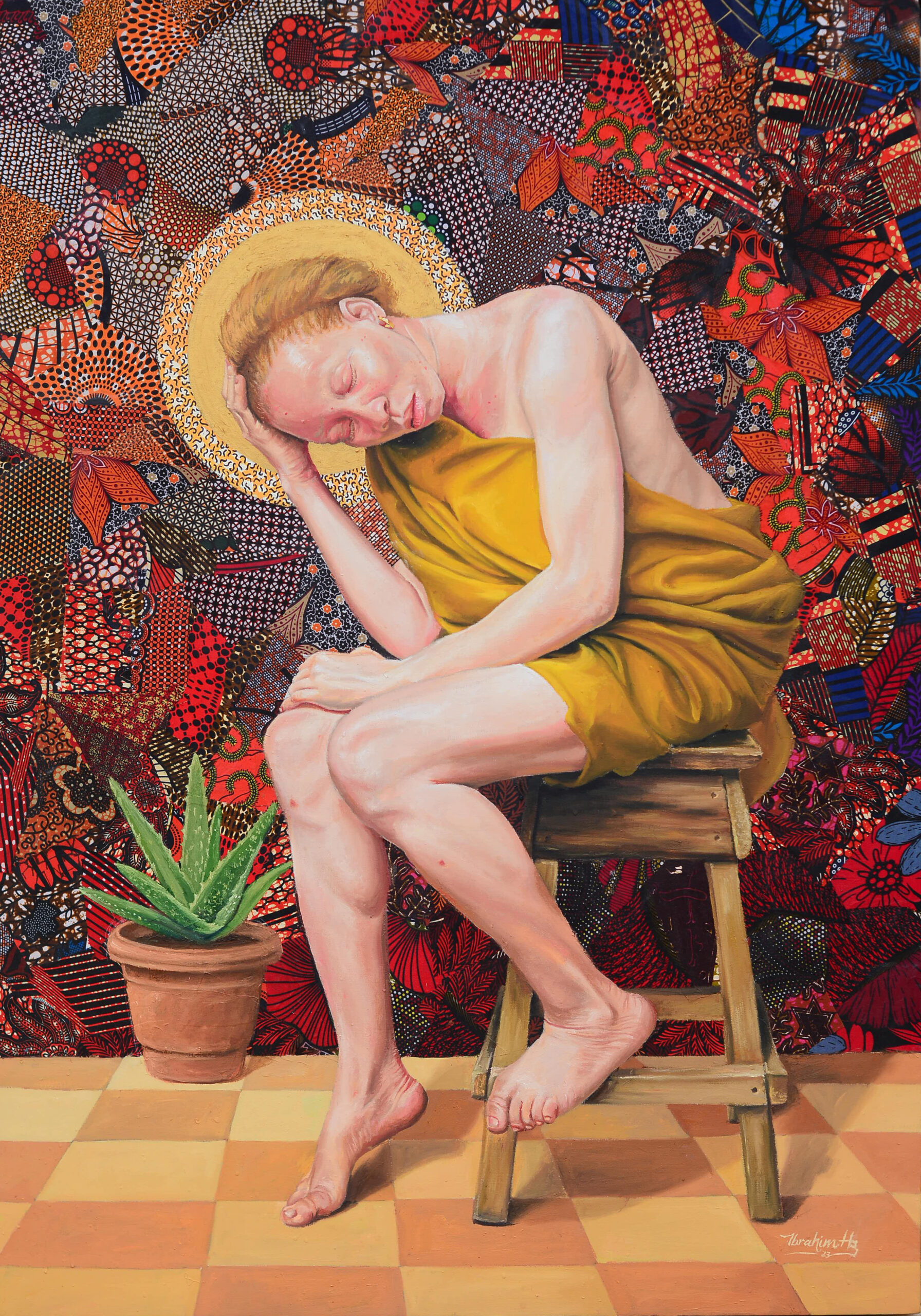Perfection, of a Kind: Britten vs Auden
There’s a familiar saying: never meet your heroes—you’re bound to be disappointed. Britain’s most celebrated classical composer, Benjamin Britten, not only met his hero, the legendary poet W. H. Auden, but collaborated with him early in his illustrious career. Their partnership was a brilliant artistic success—vibrant, daring, and full of promise. Then, quite suddenly, Britten walked away and never spoke to Auden again.
This captivating evening, presented by the London Sinfonia, explores the complex, often fraught, yet profoundly creative relationship between these two towering figures. It traces the arc of their collaboration—its brilliance, its tensions, and the artistic legacy it left behind.
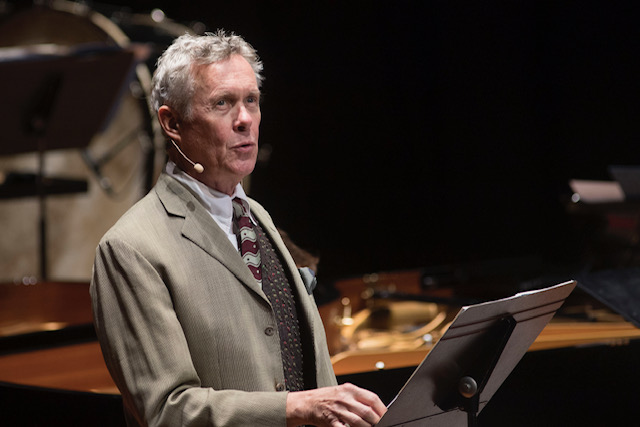
The evening’s song cycle opens at the beginning of Britten and Auden’s complex partnership, when a teenage Britten—plagued by feelings of inadequacy—met the already well-established poet W. H. Auden. Auden, in turn, nurtured Britten’s love of poetry and encouraged his artistic growth. Their correspondence is brought to life in this performance by Olivier Award-winner Alex Jennings as Britten and Barrie Rutter, artistic director of the Northern Broadsides theatre company, as Auden.
Britten was meticulous in preserving nearly all the letters he wrote throughout his life. These are now housed in the Benjamin Britten Archive at the Red House in Aldeburgh, part of the classical music centre he co-founded with his partner, Peter Pears. This habit of archiving suggests not so much a tendency toward hoarding as an acute awareness that his life and work would one day be of interest to biographers. I suspect the latter.
The letters exchanged between Britten and Auden shed light on the early stages of their friendship, and it is a delight to hear them read aloud. Britten’s admiration for Auden is unmistakable—he once wrote in his diary, “Auden is the most amazing man.”
Early in their relationship, Auden composed a poem for Britten that urged the young composer to pursue his passions—both musical and erotic—and to resist the temptation to retreat into comfort and safety. Auden also encouraged Britten to embrace his sexuality. This moment alone reveals the stark contrast between the two men: Auden, the unabashed bohemian who championed risk and self-expression, and Britten, cautious and still searching for his authentic voice.
These two artistic giants came together to create work for the theatrical rebels of the Group Theatre—perhaps the most joyful and creatively fulfilling period of their collaboration. The company included notable figures such as Christopher Isherwood, author of Goodbye to Berlin (the inspiration for Cabaret), along with poets Louis MacNeice and Stephen Spender. Even visual artists like Henry Moore contributed designs to the productions. The casts featured names that would become legends of British theatre, including Trevor Howard and Alec Guinness.
During this golden period, Auden wrote plays for the group, with Britten composing music for many of them. Although little of their work from this era survives, excerpts from Britten’s diaries suggest that these may have been among the happiest moments they shared—both personally and professionally.
Their collaboration extended beyond the stage to include two BBC radio dramas, Up the Garden Path and Hadrian’s Wall. However, the pinnacle of their partnership arguably came during their time living in the United States, with the creation of the operetta Paul Bunyan. Though it had a troubled premiere, Paul Bunyan was later revived to critical acclaim following Auden’s death. From the same American period came one of Britten’s most exquisite works: the Hymn to St Cecilia—a luminous piece that stands as a testament to the enduring influence of Auden on Britten’s art.
As Britten’s confidence grows, so too does his desire to push the boundaries of the artistic forms in which he worked. This newfound boldness, however, seems to create tension with Auden, who remained wary of public acclaim and repeatedly cautioned the younger composer against settling for easy or popular artistic choices.
The evening is enriched by the presence of the wonderful Johnnie Fiori, who lends her powerful voice to music from this period and beyond—including a moving rendition of the much-quoted Auden poem Funeral Blues.
The evening suggests that their relationship ultimately foundered on Britten’s yearning for middle-class respectability—a longing Auden regarded as a creativity-sapping trap. The final rupture came in 1953, after Auden sent a letter critiquing one of Britten’s recent works. According to reports, Britten tore up the letter and never spoke to him again. And yet, when Auden died, Britten was inconsolable.
This painful pattern—intense artistic collaboration followed by abrupt break and lifelong silence—would repeat throughout Britten’s life.
Perfection of a Kind makes a compelling case that Britten could not have become the composer he was without Auden’s early support and provocation. And when their partnership worked, the art they created together was nothing short of sublime.
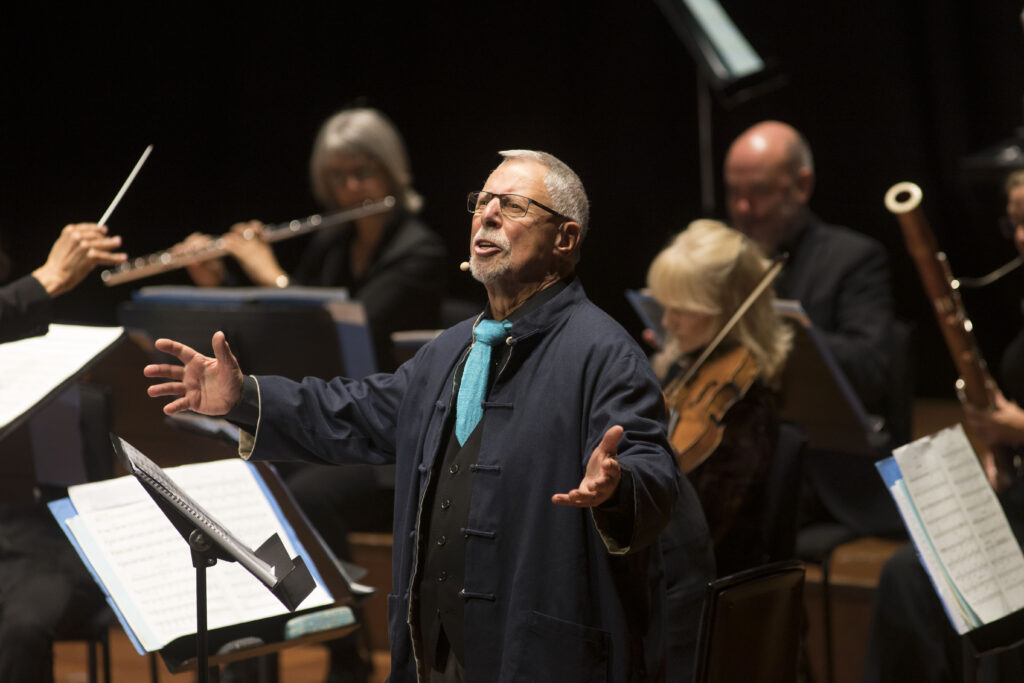
- Shama Rahman: fusing art & neuroscience
- Dance: twenty questions to José Navas
- In the Black Fantastic
- LE LABYRINTHE FAMILIALE DU DUC DE BRETAGNE – JEAN V, 1399-1442
- The Populist Tango
